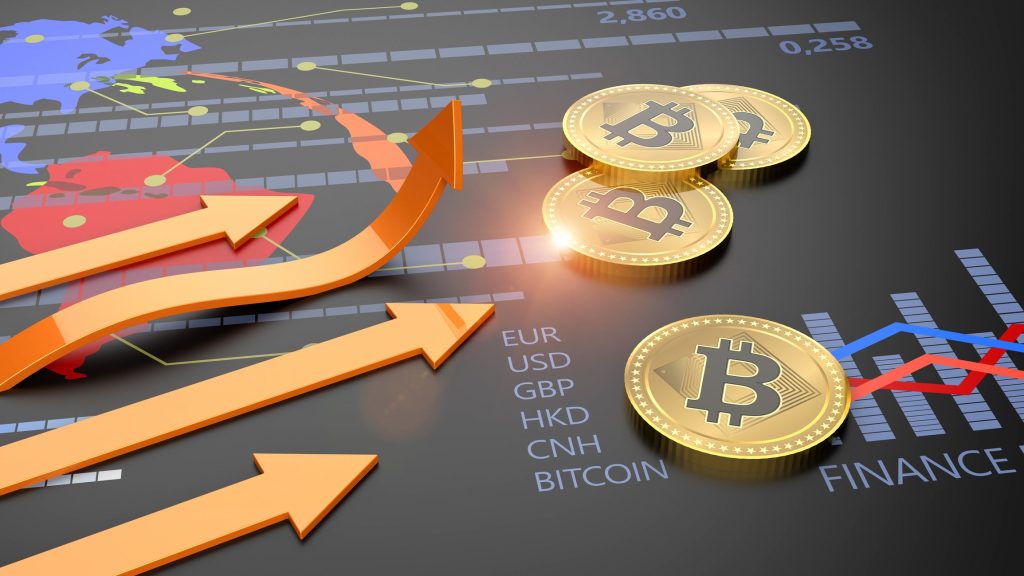
We’ve come a long way from trading pelts and seashells as currency, and there have been many changes to how we produce and use currency between then and now. The value of currency and inflation affect us all, as we’ve seen recently at the gas pump and the grocery store. Here’s what we can learn about our present from the history of money.
Inflation Then and Now
Inflation is nothing new. The ancient Romans caused inflation by mixing their silver coins with other metals so that they could mint more of them. The result was that the inflation rate reached about 15,000% between AD 200 and 300.[1] It’s important to consider how much you’re left with after inflation when planning for retirement. We’ve seen high inflation recently, and no one knows when it will return to the Federal Reserve’s target rate of 2%. Consider that after 10 years of 7% inflation, $1 million would be worth about half – $508,350.[2]
The Gold Standard
Since countries can print as much paper money as they want, potentially decreasing its value, England introduced the gold standard in the early 1800s. In this system, the unit of currency is typically kept at the value of a fixed quantity of gold. However, this system has drawbacks, such as the inability to keep up with the currency needs of a growing global economy,[3] and was abandoned by the U.S. in 1971.[4] While we haven’t seen continuously high inflation since, inflation rates were at record highs in the 1970s and early 1980s. More recently, we’ve seen inflation spike again as the prices of gas, food, and other essentials rise noticeably.
The Future of Money
You’ve probably heard of cryptocurrency, even if you don’t own it or don’t know the specifics. America may one day have a digital dollar. The Boston Fed, in partnership with MIT, tested a digital dollar recently in a project referred to as ‘Project Hamilton’. No one knows what new technologies or government policies we could see in the future, or how this could affect each of us.
There’s no telling exactly what the future holds in terms of inflation, new technologies, interest rates, or market ups and downs. However, that doesn’t mean that you can’t create a plan for the future. Your retirement doesn’t have to be held hostage by the market or inflation. There are ways to help protect what you’ve earned and help make it last for the rest of your life. Sign up for a time to speak with us about your biggest retirement concerns, and how we can create a path forward.
[2] https://www.buyupside.com/calculators/inflationjan08.htm
[3] https://www.britannica.com/topic/gold-standard
[4] https://bulliontp.medium.com/1971-nixon-and-the-end-of-the-gold-standard-c43ff69221ad



